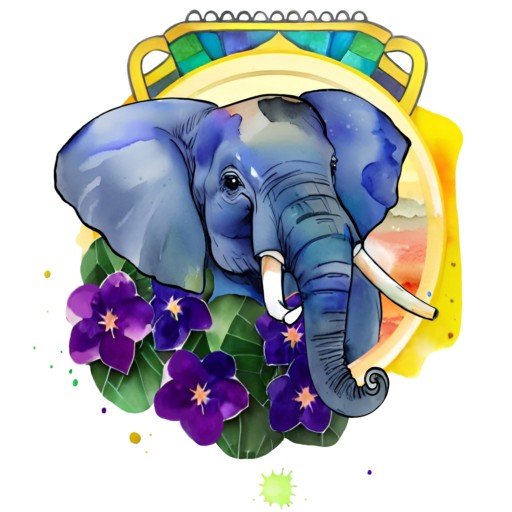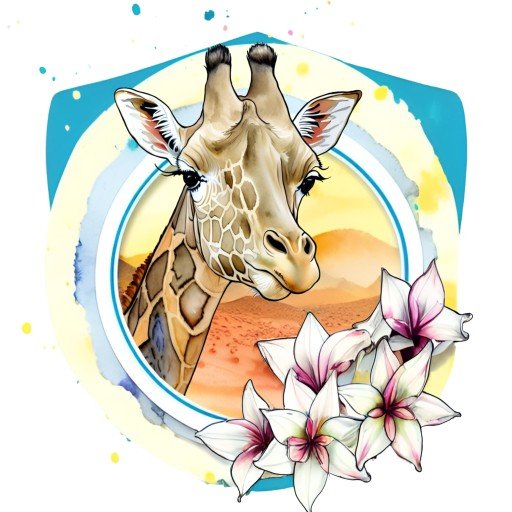If you can think back to the days before you had your Eternl wallet always at the ready in your Chrome Extensions, or your Trezor nearby in the locked desk drawer - if you’re honest - you’ll remember that figuring out how to participate in blockchain is slow and tedious. It’s no surprise that a large number of the people who are in the space now are those with backgrounds and careers in tech; lacking that, the barriers to entry can just seem too high.
This is why, when we talk about blockchain being a powerful tool to potentially “bank the unbanked” in places like Africa, the question of onboarding is no small matter. Many people in these regions don’t just lack banks. There isn’t a laptop in every lap; even reliable power and internet can be a question.
This is why we were so elated with the results of our Swahili Learn to Earn program, funded by Project Catalyst Fund 9. By offering a monetary incentive for participation and learning, we were able to onboard more than 400 new Cardano users in Swahili speaking Africa. In the weeks since we had to close registration due to budget limits, 83 more have joined a waiting list.
If the community supports us in Project Catalyst Fund 10, we will re-open the program with some huge updates, based on what we learned in the pilot project.
Updated ADA rewards
In the pilot, we awarded participants up to $25 dollars worth in ada; they could earn $1 each day when they logged in, read an article, and passed the quiz. To do this, we consulted a live price feed to calculate the ada value of one dollar, and credited it to the learner’s account. This essentially worked fine, but it did introduce complexity to our calculations of how many learners the program could support, since the price of ada does fluctuate. Furthermore, the amount of ada we received in our disbursement “tranches” from Project Catalyst also fluctuated - for the same reason. In Fund 10, Project Catalyst is simplifying its calculations by denominating everything in ada only. We will do the same. The rewards available to learners will be 2 ada per day, up to a total of 50 ada. (This may be adjusted downward if the value of ada increases a lot before the program - which would allow us to support more learners! The goal is that the total incentive amount should equal somewhere between 15-25 dollars at the time of the program.)
Updated Token rewards
We will add HOSKY token as an additional incentive layer! HOSKY is Cardano’s beloved and famously low-value S#!% coin. It’s an easy way to add some fun to the mix and introduce our learners to the concept of network tokens by sending some to their wallet. We will also keep the concept of NFT Achievement badges for learners. So, participants can experience the differences between fungible tokens and non-fungible tokens.
Improved curriculum and quizzes
The pilot program comprised 75 educational articles, with a single quiz question on each one. For the evolution, we’d like to focus and update the curriculum. There is a section about Project Catalyst that needs significant updates based on the changes in Fund 10. In addition, we will double the total number of quiz questions, so that each article has two questions. This is simply to require a little more engagement from the learners and make sure they really have to read and understand the material to earn the rewards.
Referrals
We want to make sure that we are not just onboarding individuals into Cardano - but rather that we are planting the seeds of new localized Cardano communities that can learn and grow together. To encourage this behavior, quizzes won’t be the only thing we incentivise. Participants can also refer up to 10 friends using a unique referral code. When someone uses your code and successfully completes the registration and onboarding process, the referrer gets rewarded in ada!
More incentivized interactions
Reading educational articles and taking quizzes will still be the main activity for participants, but as I just mentioned, we want to use the tool of incentivisation to motivate other desirable behaviors as well. Learners may get a bonus when they stake their wallet to any pool, or when they participate on the website by recording an audio article in Swahili. The Cardano community loves participation. The future we are building isn’t just another top-down organization in the metaverse. Instead, we are reimagining organization and governance in new ways, that invites everyone to find their place to contribute. This is a big paradigm shift for most people. While we are teaching Cardano concepts and onboarding, we want to teach this hands-on concept of participation too.
Decentralized Identity
The biggest, most exciting, and most impactful change for this project is introducing Decentralized Identity for participants. In the pilot project, we did our best to prevent and detect duplicate users, but it wasn’t perfect. It was completely manual, painstaking, and error-prone – not a great experience for the learners or for us, the administrators. And it certainly was not scalable. Juggling a “class” of a few hundred people is one thing, but with our sights set on much bigger impacts, a different solution is critical.
As humans we each have a unique identity. We have different experiences, interactions, and credentials. Based on these official and unofficial credentials, we may gain entry to different paths by being able to prove who we are and where we’ve been. Blockchain enthusiasts picture a world where credentials are not controlled by a local government or educational institution. Instead, we imagine a global citizenry who is the custodian of their own identity. Gone would be the days of depending on localized, centralized institutions to guard your records, and send you copies when you need them. Instead, the credentials you earn are held in your “identity wallet,” and are instantly verifiable when you need them to be.
This need is widely felt in the industry, as evidenced by the Fund 10 Campaign: Atala PRISM - Launch Ecosystem. Atala PRISM is Cardano’s answer to decentralized identity, and the campaign is calling for projects to start building and using identity solutions. Lido Nation would like to join the club by re-launching our Learn to Earn program with a Decentralized Identity (DID) solution in place. With a DID, our participants would have a unique identity, tied to their mobile device, and potentially to their social identity as well. This effectively prevents duplicate users, and allows us to scale the program to onboard more users to the Cardano blockchain in a trustworthy manner.
In support of these efforts Lido’s cofounders have both enrolled in the Atala Pioneers program to learn more about industry best practices and implementation strategies. In addition, we have met with representatives at ProofSpace.id, which is an identity solution provider of the SaaS infrastructure that could allow us to get up and running with an identity solution quite easily.
Feedback? Suggestions?
If we are funded to continue with our onboarding experiments in Swahili Speaking Africa, we would expect to bring another 1000 users into the Cardano ecosystem. These participants would get a Cardano wallet, some ADA, and a verified credential in an identity wallet. They would be rewarded for staking their ada to a Cardano pool. They would learn about Project Catalyst and how they can participate in decentralized governance. They would be encouraged to build a community of learners through the referral program. As always, Lido Nation would be sharing the results of the program with you, and looking forward to the next big thing that we might build together!
If you are excited about seeing more decentralized identity solutions on Cardano launched in Africa, we hope you will bring us your votes in Fund 10. If you have any questions or ideas for us, please leave a comment here or on Ideascale, or reach out to us at [email protected].




This is a great cause! Self Soverign ID’s will be essential to growth and 100% support this initiative.